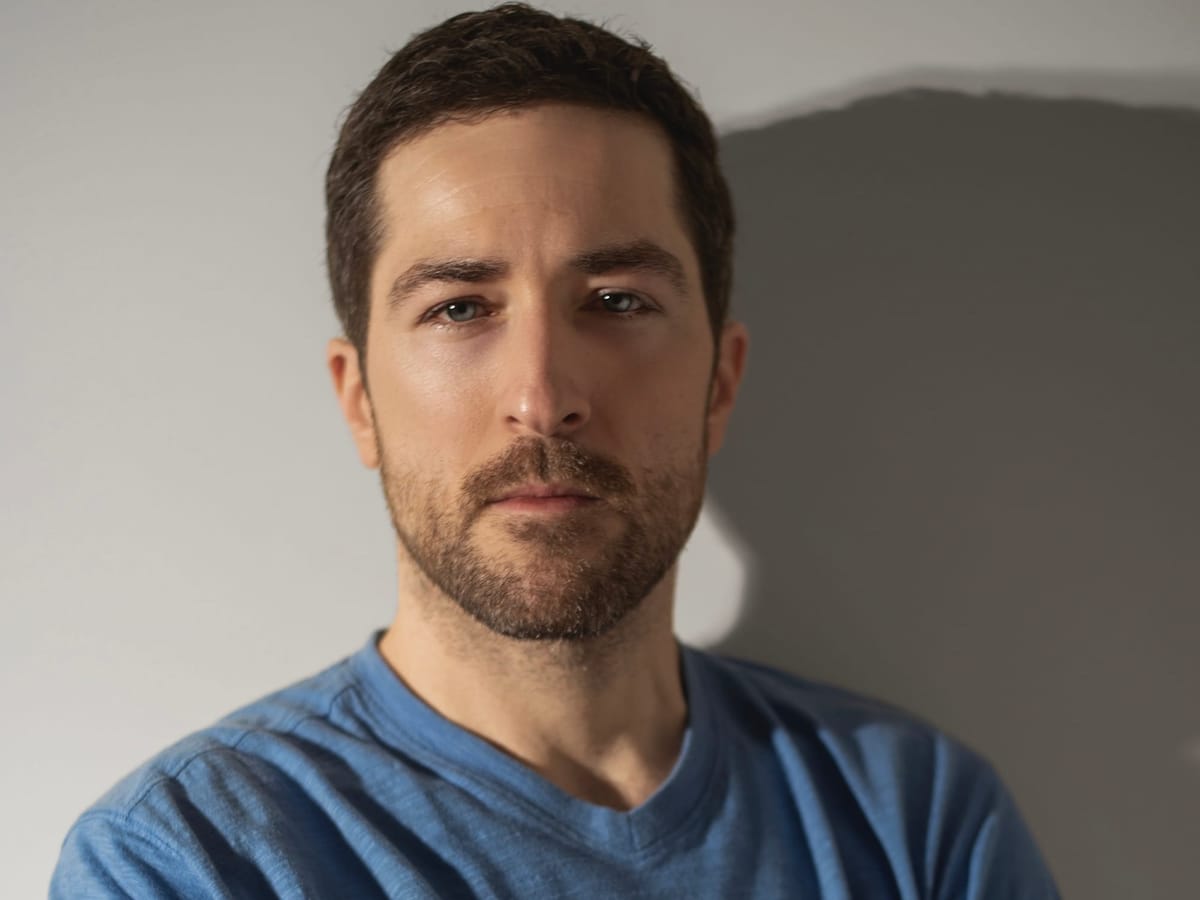Tech
More than Musk: Five tech stories that really mattered in 2024 – The Boston Globe

Nuclear power is scary expensive, and to many people, just plain scary. That’s why only three reactors have gone on line in the United States since the Three Mile Island reactor accident of 1979. But in 2024, US tech giants Google, Microsoft, and Amazon all signed contracts to purchase electric power from new or existing nuclear power plants, in a bid to ensure plenty of power for the companies’ massive data centers.
Energy company Constellation said it will spend $1.6 billion to reopen a shuttered reactor at Three Mile Island by 2028. In exchange, Microsoft has pledged to buy power from the plant for 20 years. Meanwhile, Google and Amazon each signed contracts with a variety of startup companies planning to build a new generation of small nuclear plants. The proposed plants are expected to cost much less to build than old-school nukes, and they could be online by 2030.
Environmental activists are coming around to the idea that nukes might be the best way to generate carbon-free electricity. Big Tech’s big worry is that artificial intelligence systems like Microsoft-backed ChatGPT and Google’s Gemini require massive amounts of electric power. So the companies are moving fast to lock in reliable sources.
Nuclear startups like NuScale, Oklo, and X-energy have yet to launch a successful small reactor. And the tech giants are working on other solutions to their power problems, ranging from expanded use of renewables to more efficient data centers that’ll need less juice.
But if there’s a nuclear revival in the United States, we’ll probably remember 2024 as the year it began.
Shhh … China’s listening

While the nation squabbles about banning the Chinese social media company TikTok for reasons of national security, a Chinese hacking team called “Salt Typhoon” has quietly infiltrated much of the US telephone network, enabling them to listen at will to our conversations and pinpoint our locations.
That’s the word from US cybersecurity analysts, who say they discovered the massive security breach this spring. The nation’s biggest telecom companies have been hacked, including AT&T, T-Mobile, and Verizon. President-elect Donald Trump, Vice President-elect JD Vance, and members of the Biden administration are known to have been targeted.
US investigators are still trying to figure out how deeply the phone networks were penetrated. In early December, a White House national security adviser said that despite the best efforts of telecom companies to root out the hackers, it’s likely that “Salt Typhoon” still has access to the nation’s phone networks.
What to do? The federal Cybersecurity and Infrastructure Security Agency is warning high-value targets like government officials and corporate executives to use end-to-end encryption systems like the app Signal for all sensitive voice and text communications. That might not be bad advice for the rest of us.
Boeing and Intel, the tumbling titans

It was a humiliating year for two flagship US technology companies — Boeing and Intel.
Still reeling from deadly crashes of its 737 MAX airliner in 2018 and 2019, Boeing began 2024 with another near-disaster, when a door plug blew out of an Alaska Air 737 MAX in mid-flight. Miraculously, no one was killed.
Then in June, a Boeing-built Starliner space capsule with two astronauts on board ran into trouble with its thrusters while docking with the International Space Station. The ship was judged unsafe for human use and was brought back to Earth without a crew, while the two astronauts were stranded on the station, in a Space Age remake of “Gilligan’s Island.” The astronauts expect to come home in March, on board a spacecraft made by Boeing rival SpaceX.
Meanwhile, Intel, once the world’s preeminent chipmaker, continued its grim decline.

Its new “Raptor Lake” chips for desktop computers have been plagued by malfunctions, and a different chip line called “Arrow Lake” ran more slowly than promised, infuriating hardcore video gamers. Amid these missteps, Intel’s once-moribund archrival AMD has grabbed nearly 30 percent of the desktop chip market.
Intel’s plan to become a major producer of other companies’ chips has also stumbled due to quality control problems.
Intel posted a $16.6 billion loss in the third quarter of the year and is expected to post an annual loss for the first time since 1986. It announced layoffs of 15,000 workers in August, and its chief executive Pat Gelsinger was nudged overboard by the Intel board of directors on Dec. 1.

In 2024, life got a little easier for the hard of hearing, thanks to Apple. An upgrade to the company’s AirPods Pro 2 earbuds turns them into inexpensive hearing aids for people who suffer from moderate hearing loss.
The software upgrade, announced in the fall, could jumpstart the sluggish market for low-cost hearing aids. The federal government began allowing the sale of over-the-counter aids in 2022. The new policy is supposed to benefit an estimated 29 million US residents who are hard of hearing. But a 2023 survey by the American Speech-Language-Hearing Association found that only 2 percent of people with hearing problems have bought over-the-counter hearing aids.
The AirPods sell for just $250, making them far cheaper than prescription hearing aids and competitive with other over-the-counter brands. Users also need an Apple iPhone; the service isn’t available for Android devices. But thanks to the Apple upgrade, millions of consumers who already own AirPods and iPhones won’t have to pay a dime to hear better.
The biggest tech flop you never heard of
Unless you’re a hardcore gamer, the name “Concord” means nothing to you. But for game developers at Sony Corp., it was supposed to be the next massive online gaming franchise, a rival to global hits like “Fortnite” and “Overwatch.”
”Concord” was eight years in the making. Sony won’t say how much it cost. Gaming industry analysts think the company invested between $200 million and $400 million. But when the game launched in August, virtually nobody showed up to play it. According to one estimate, the game attracted an all-time maximum audience of 697 players, compared with the 3.5 million or so who routinely play “Fortnite.”
Two weeks after its launch, “Concord” was shut down forever, marking one of the worst failures in video game history.

Hiawatha Bray can be reached at hiawatha.bray@globe.com. Follow him @GlobeTechLab.









